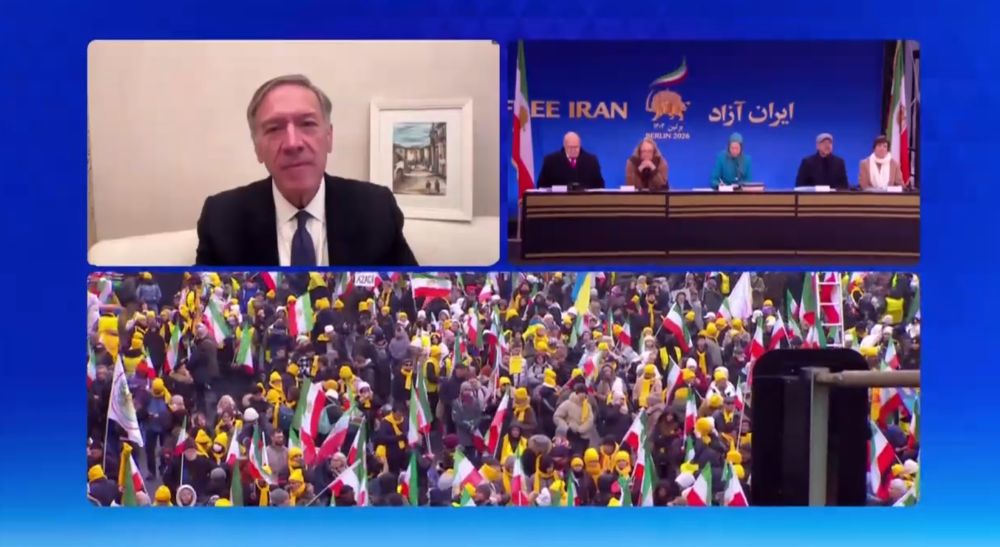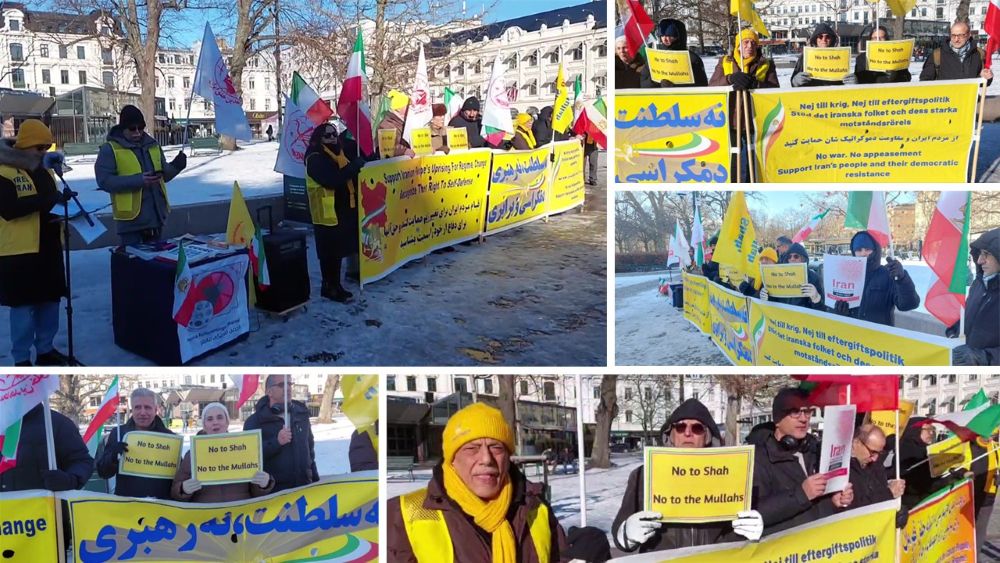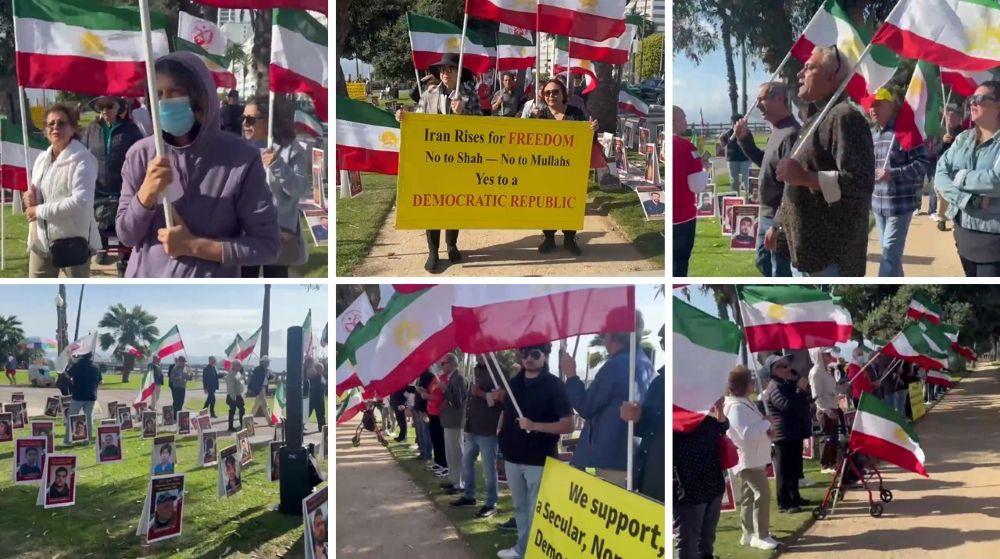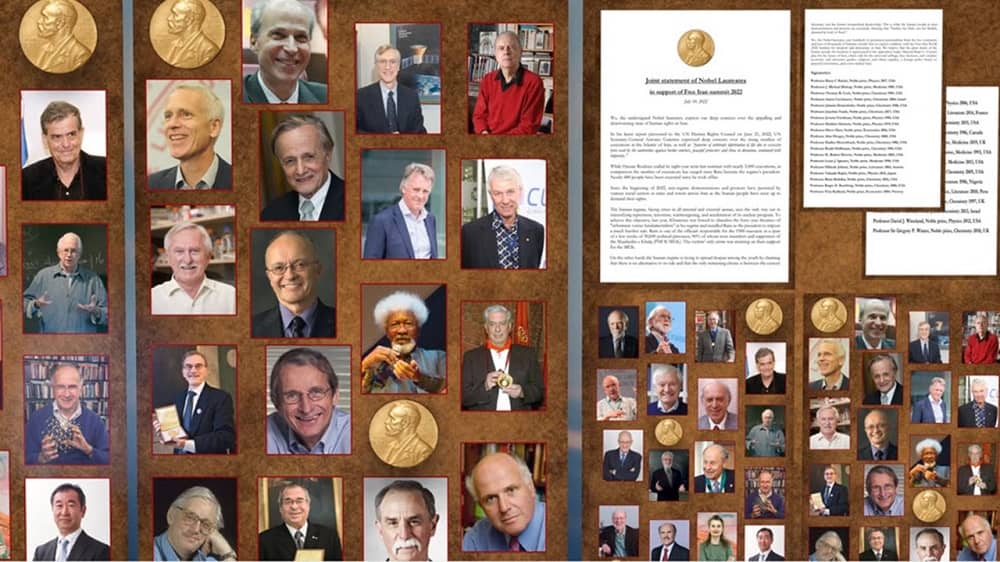
July 2022: Forty two Nobel Prize laureate issued a statement to support Free Iran World Summit 2022. While supporting the ten-point plan of Mrs. Maryam Rajavi, the president-elect of the National Council of Resistance of Iran (NCRI) for the future of Iran, the Nobel Prize laureates approved the demand of the Iranian demonstrators in the uprisings, who chanted: “Neither the Shah, nor the Mullah, damned be both of them”.
1) Joint statement of Nobel Laureates
— Iran Freedom (@4FreedominIran) July 26, 2022
in support of #FreeIran2022 summit
July 10, 2022
We, the undersigned Nobel laureates, express our deep concern over the appalling and deteriorating state of human rights in #Iran.https://t.co/0fqOiBc83Z pic.twitter.com/c30budLm12
The full text of the statement is as follows:
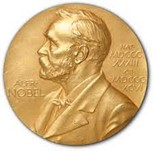
Joint statement of Nobel Laureates
in support of Free Iran summit 2022
July 10, 2022
We, the undersigned Nobel laureates, express our deep concern over the appalling and deteriorating state of human rights in Iran.
In his latest report presented to the UN Human Rights Council on June 21, 2022, UN Secretary-General António Guterres expressed deep concern over the rising number of executions in the Islamic of Iran, as well as “patterns of arbitrary deprivation of life due to excessive force used by the authorities against border couriers, peaceful protesters and those in detention, continued with impunity.”
While Hassan Rouhani ended his eight-year term last summer with nearly 5,000 executions, in comparison the number of executions has surged since Raisi became the regime’s president. Nearly 480 people have been executed since he took office.
Since the beginning of 2022, anti-regime demonstrations and protests have persisted by various social sectors in cities and towns across Iran as the Iranian people have risen up to demand their rights.
The Iranian regime, facing crises in all internal and external arenas, sees the only way out in intensifying repression, terrorism, warmongering, and acceleration of its nuclear program. To achieve this objective, last year, Khamenei was forced to abandon the forty-year theatrics of “reformists versus fundamentalists” in his regime and installed Raisi as the president to impose a much harsher rule. Raisi is one of the officials responsible for the 1988 massacre in a span of a few weeks of 30,000 political prisoners, 90% of whom were members and supporters of the Mujahedin-e Khalq (PMOI/MEK). The victims’ only crime was insisting on their support for the MEK.
On the other hand, the Iranian regime is trying to spread despair among the youth by claiming that there is no alternative to its rule and that the only remaining choice is between the current theocracy and the former monarchical dictatorship. This is while the Iranian people in their demonstrations and protests are constantly chanting that “Neither the Shah, nor the Mullah, damned be both of them”.
We, the Nobel laureates, join hundreds of prominent personalities from the five continents and tens of thousands of Iranians outside Iran to express solidarity with the Free Iran World 2022 Summit for freedom and democracy in Iran. We believe that the great desire of the Iranian people for freedom is represented in the opposition leader Maryam Rajavi’s 10-point plan for the future of Iran, which calls for the universal suffrage, free elections, and a market economy, and advocates gender, religious, and ethnic equality, a foreign policy based on peaceful coexistence, and a non-nuclear Iran.
Signatories:
Professor Barry C Barish, Nobel prize, Physics 2017, USA
Professor J. Michael Bishop, Nobel Prize, Medicine 1989, USA
Professor Thomas R. Ceck, Nobel Prize, Chemistry 1989, USA
Professor Aaron Ciechnover, Nobel Prize, Chemistry 2004, Israel
Professor Johann Deisenhofer, Nobel Prize, Chemistry 1988, USA
Professor Joachim Frank, Nobel Prize, Chemistry 2017, USA
Professor Jerome Friedman, Nobel Prize, Physics 1990, USA
Professor Sheldon Glashow, Nobel Prize, Physics 1979, USA
Professor Oliver Hart, Nobel Prize, Economics 2016, USA
Professor Alan Heeger, Nobel Prize, Chemistry 2000, USA
Professor Dudley Herschbach, Nobel Prize, Chemistry 1986, USA
Professor Roald Hoffmann, Nobel Prize, Chemistry 1981, USA
Professor H. Robert Horvitz, Nobel Prize, Medicine 2002, USA
Professor Louis J. Ignarro, Nobel Prize, Medicine 1998, USA
Professor Elfriede Jelinek, Nobel Prize, Literature 2004, Austria
Professor Takaaki Kajita, Nobel Prize, Physics 2015, Japan
Professor Brian Kobilka, Nobel Prize, Chemistry 2012, USA
Professor Roger D. Kornberg, Nobel Prize, Chemistry 2006, USA
Professor Finn Kydland, Nobel Prize, Economics 2004, Norway
Professor John C. Mather, Nobel Prize, Physics 2006, USA
Professor Patrick Modiano, Nobel Prize, Literature 2014, France
Professor Paul Modrich, Nobel Prize, Chemistry 2015, USA
Professor John Polanyi, Nobel Prize, Chemistry 1986, Canada
Professor Sir Peter J. Ratcliffe, Nobel Prize, Medicine 2019, UK
Professor Charles M. Rice, Nobel Prize, Medicine 2020, USA
Professor Sir Richard J. Roberts, Nobel Prize, Medicine 1993, USA
Professor Randy Schekman, Nobel Prize, Medicine 2013, USA
Professor Richard Schrock, Nobel Prize, Chemistry 2005, USA
Professor Vernon Smith, Nobel Prize, Economics 2002, USA
Professor Wole Soyinka, Nobel Prize, Literature 1986, Nigeria
Professor Morio Vargas Llosa, Nobel Prize, Literature 2010, Peru
Professor Sir John E. Walker, Nobel Prize, Chemistry 1997, UK
Professor Arieh Warshel, Nobel Prize, Chemistry 2013, Israel
Professor David J. Wineland, Nobel Prize, Physics 2012, USA
Professor Sir Gregory P. Winter, Nobel Prize, Chemistry 2018, UK
Professor May-Britt Moser, Nobel Prize, Medicine 2014, Norway
Professor Edvard Moser, Nobel Prize, Medicine 2014, Norway
Professor Gerhard Ertl, Nobel Prize, Chemistry 2007, Germany
Professor Elias Corey, Nobel Prize, Chemistry 1990, USA
Professor Harald zur Hausen, Nobel Prize, Medicine 2009, Germany
Professor John Lewis Hall, Nobel Prize, Physics 2005, USA
Professor Georg Bednorz, Nobel Prize, Physics 1987, Germany

